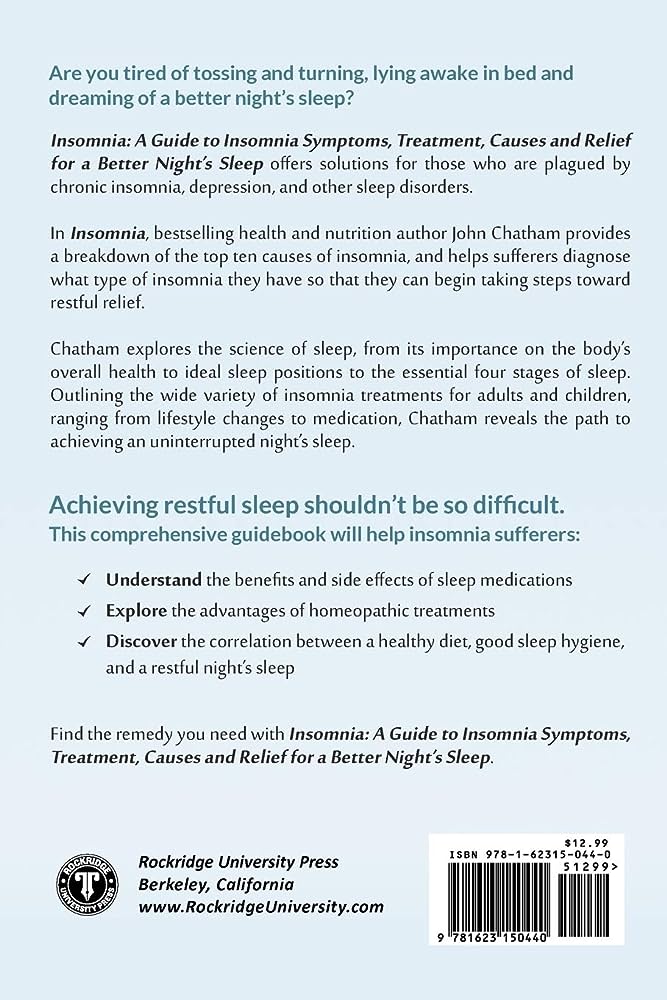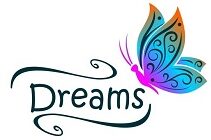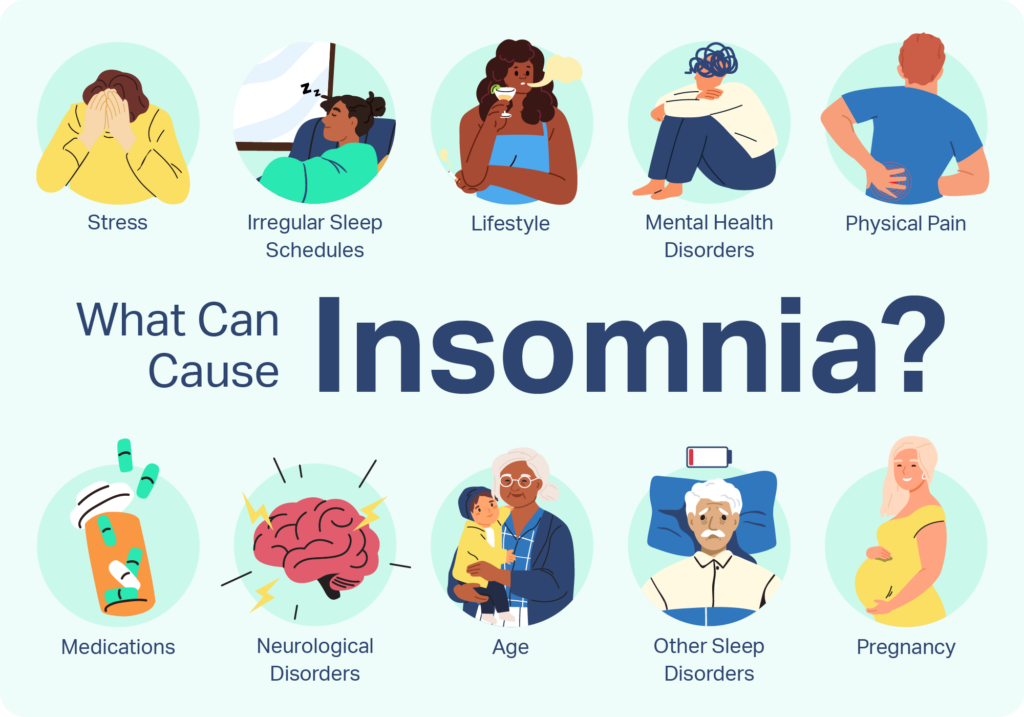Sleep disorders affect millions of people worldwide, impacting their overall health and well-being. Understanding the underlying science behind these disorders is crucial for effective management and finding solutions. In this article, we will delve into the science of sleep, explore common sleep disorders, examine their causes, and provide actionable solutions for better sleep.
The Science of Sleep
Sleep is a complex biological process regulated by the body’s internal clock and circadian rhythms. It consists of two main stages: Non-Rapid Eye Movement (NREM) and Rapid Eye Movement (REM) sleep. NREM sleep is characterized by slow brainwaves, while REM sleep is associated with vivid dreaming and rapid eye movements.
Common Sleep Disorders
Insomnia
Insomnia is the most prevalent sleep disorder, characterized by difficulty falling asleep or staying asleep. It can be classified as primary or secondary, depending on its cause. Stress, anxiety, and poor sleep habits are common contributors to primary insomnia, while secondary insomnia may result from medical conditions or medications.
Sleep Apnea
Sleep apnea involves breathing interruptions during sleep, leading to fragmented sleep patterns and daytime sleepiness. The three main types are obstructive, central, and mixed sleep apnea. Obesity, age, and anatomical factors can increase the risk of sleep apnea.
Restless Leg Syndrome (RLS)
RLS is characterized by an irresistible urge to move the legs, often accompanied by discomfort or tingling sensations. Iron deficiency, genetic predisposition, and certain medical conditions may contribute to RLS.
Narcolepsy
Narcolepsy is a neurological disorder that causes excessive daytime sleepiness and sudden sleep attacks. It results from a deficiency of hypocretin, a neurotransmitter that regulates wakefulness.
REM Sleep Behavior Disorder (RBD)
RBD is characterized by acting out vivid dreams during REM sleep. It can be associated with certain neurological conditions, and safety measures are essential to prevent injuries during episodes.
Causes of Sleep Disorders
Sleep disorders can have various underlying causes:
Biological Factors
- Genetic Predisposition: Family history may play a role in certain sleep disorders.
- Abnormal Brain Chemistry: Imbalances in neurotransmitters can disrupt sleep-wake regulation.
- Neurological Disorders and Brain Injuries: Conditions like Parkinson’s disease or traumatic brain injuries can lead to sleep disturbances.
Lifestyle and Environmental Factors
- Poor Sleep Habits and Irregular Schedules: Inconsistent sleep patterns can disrupt the circadian rhythm.
- Stress, Anxiety, and Mental Health Issues: Emotional challenges can contribute to insomnia and other sleep disorders.
- Impact of Technology and Screen Time: Blue light from screens can interfere with melatonin production, affecting sleep quality.
Medical Conditions and Medications
- Chronic Illnesses: Conditions like asthma or heart disease may cause discomfort and disrupt sleep.
- Side Effects of Certain Medications: Some drugs can lead to sleep disturbances as a side effect.
- Sleep-Related Issues During Pregnancy: Hormonal changes and physical discomfort can affect sleep in pregnant women.
Age-Related Sleep Changes
- Sleep Patterns in Different Age Groups: Sleep needs and patterns vary across different age groups, from infants to older adults.
- Sleep Challenges in Older Individuals: Seniors may experience more fragmented sleep and frequent awakenings.
- Addressing Age-Related Sleep Disturbances: Creating a sleep-friendly environment and adopting healthy sleep habits can help older adults sleep better.
Diagnosis and Assessment
Proper diagnosis is essential for developing effective treatment plans. Sleep specialists use various assessment tools, including sleep questionnaires and polysomnography, to evaluate sleep patterns and detect any sleep disorders.
Solutions and Treatments
Effective solutions for sleep disorders include:
Cognitive-Behavioral Therapy for Insomnia (CBT-I)
CBT-I is a non-pharmacological approach that helps individuals identify and change negative thought patterns and behaviors associated with insomnia.
Continuous Positive Airway Pressure (CPAP) Therapy for Sleep Apnea
CPAP therapy involves wearing a mask that delivers continuous air pressure to keep the airways open during sleep, effectively treating sleep apnea.
Medication Options and Their Limitations
Medications may be prescribed for certain sleep disorders, but their long-term use may have side effects and limited effectiveness.
Lifestyle Changes for Improving Sleep Hygiene
Adopting healthy sleep habits, such as maintaining a consistent sleep schedule and creating a relaxing bedtime routine, can significantly improve sleep quality.
Alternative Therapies and Their Effectiveness
Some individuals find relief from sleep disorders through alternative therapies like meditation, yoga, or aromatherapy. While not universally effective, they can complement traditional treatments.
Managing Sleep Disorders in Daily Life
Here are some practical tips to manage sleep disorders in daily life:
- Establish a Consistent Sleep Schedule: Go to bed and wake up at the same time every day, even on weekends.
- Create a Sleep-Friendly Environment: Make your bedroom comfortable, dark, and quiet to promote better sleep.
- Incorporate Relaxation Techniques: Practice relaxation techniques, such as deep breathing or progressive muscle relaxation, before bedtime.
- Engage in Regular Exercise: Regular physical activity can improve sleep quality, but avoid intense workouts close to bedtime.
Seeking Professional Help
If you suspect you have a sleep disorder, do not hesitate to seek help from a healthcare professional or sleep specialist. Remember, seeking help is a vital step toward improving your sleep and overall well-being.
Semantically Similar FAQs
- What are the different types of sleep disorders? Sleep disorders include insomnia, sleep apnea, restless leg syndrome (RLS), narcolepsy, and REM sleep behavior disorder (RBD), among others.
- How do sleep disorders affect mental health? Sleep disorders can exacerbate stress, anxiety, and depression, leading to a negative impact on mental health.
- Are there any natural remedies for sleep disorders? Yes, some people find relief from sleep disorders through natural remedies like herbal supplements, relaxation techniques, and lifestyle changes.
- Can sleep disorders be hereditary? Some sleep disorders have a genetic component, making them more likely to run in families.
- What lifestyle changes can improve sleep quality? Maintaining a regular sleep schedule, creating a comfortable sleep environment, and reducing screen time before bed can improve sleep quality.
- Is snoring always linked to sleep apnea? While snoring can be a symptom of sleep apnea, not all individuals who snore have sleep apnea.
- How does age impact sleep patterns? Sleep patterns change with age, and older adults may experience more frequent awakenings during the night.
- What role do dreams play in sleep disorders? Dreams can be affected by sleep disorders like REM sleep behavior disorder (RBD), where individuals act out their dreams during REM sleep.
- Can medications worsen sleep problems? Some medications, such as certain antidepressants or stimulants, can disrupt sleep patterns as a side effect.
- What are some effective relaxation techniques fo why not find out more r better sleep? Relaxation techniques like deep breathing, meditation, and progressive muscle relaxation can promote better sleep.


Greetings and welcome to my corner of the digital realm! I’m Ethan Harrington, a dedicated and passionate professional in the field of therapy psychology. My journey through the intricate landscapes of the human mind, emotions, and dreams has led me to this point, where I’m excited to share my insights, knowledge, and experiences with you. See this

